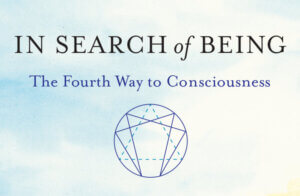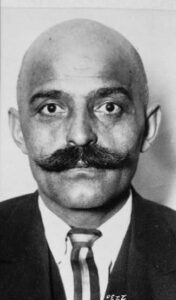
G. I. Gurdjieff
G. I. Gurdjieff (1866–1949) created an original system of self-transformation that reconciled the great mystical traditions, known as the "Fourth Way" or "the Work." He initially gathered pupils in Moscow and in 1915 organized a study group in St. Petersburg that included P. D. Ouspensky, a leading figure in the spread of the teachings. Amid revolutionary turmoil in Russia, in 1917 he moved to the Caucasus and in 1922 established an institute for his work in France. The sources of the present book stem from this early period.
-
 Gurdjieff and the Fourth Way$29.95- Hardcover
Gurdjieff and the Fourth Way$29.95- Hardcover -
 In Search of Being$27.95- Paperback
In Search of Being$27.95- Paperback



